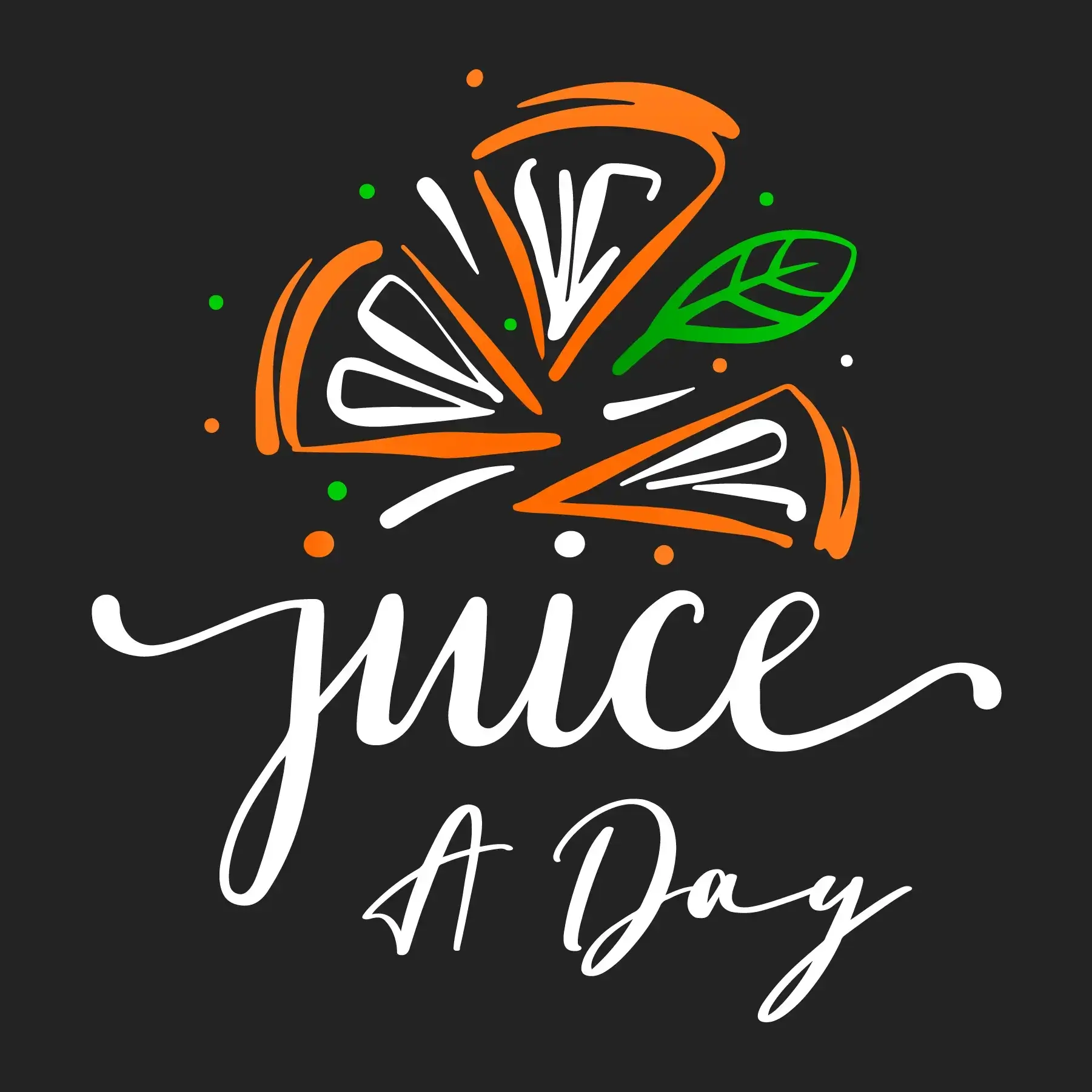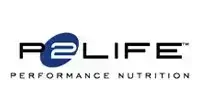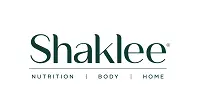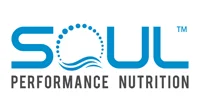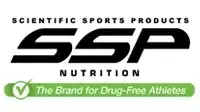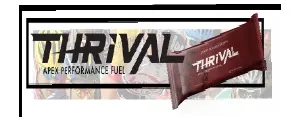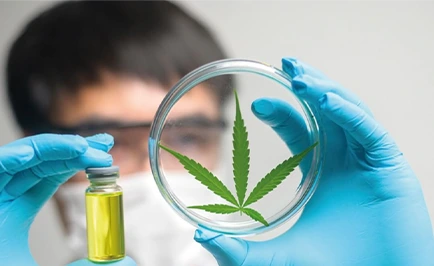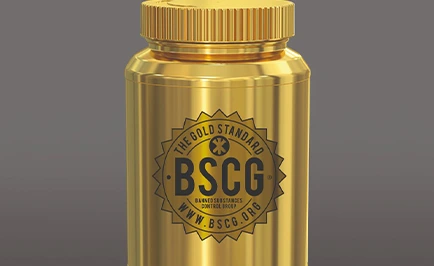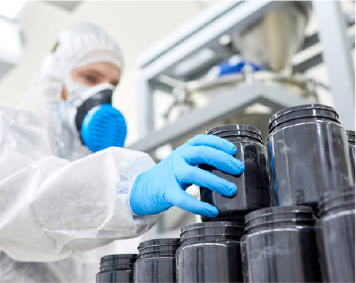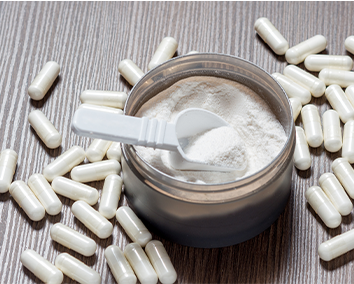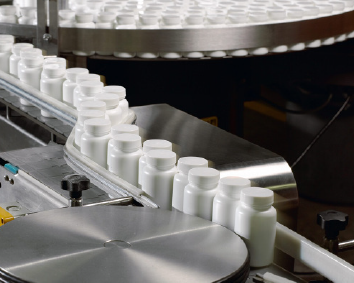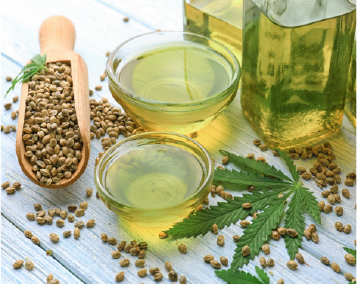Lead May Be Weighing Down Your Protein Powder
Apr 01, 2025
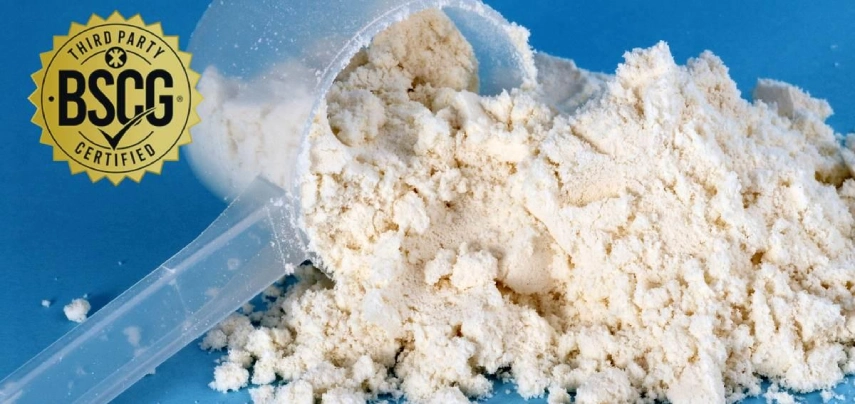
Lead May Be Weighing Down Your Protein Powder
Lead used to be everywhere. Paint. Makeup. Pipes. Wine. Now we know better. It’s a neurotoxic heavy metal that can lower your IQ, make you aggressive, and can wreck your organs. Fortunately, it’s now regulated and limited, but sometimes it crops up in unexpected places, like supplements taken to feel healthier including something as simple as protein powder. The trouble is, once it’s in someone, it’s not just passing through. Lead can accumulate in bones, brain, and organs. If you’re wondering how this happens, here are some valuable insights in sports nutrition you should know about.
How Lead Can End Up in Your Supplements
While GMP dictates that supplements are tested for expected contaminants, it is up to the manufacturer or brand to determine the frequency and extent of testing and to set appropriate limits in their product specifications. This leads to vast differences in how supplement companies test for lead contamination. So it’s not surprising that a recent report by the Clean Label Project had some heavy findings when it comes to lead. This report tested 160 products from 70 of the top-selling brands, which they suggest represented 83% of the total market. They found that 77% of the plant-based protein powders and 79% of organic protein powders had more than the California Proposition 65 thresholds for toxic metals. Where does it all come from? Often it comes from field contamination and biomagnification of contaminants like heavy metals in plants. The report claims that even so called clean and organic options weren’t immune, with organic protein powders made from foods such as rice or peas having more lead than conventional ones.
What Lead Does to The Body
Lead contamination isn’t limited to supplements. In 2024, the FDA released an alert warning that certain cinnamon products had elevated lead levels. Lead is a significant health concern because it latches onto tissues, settles into bones, and messes with everything from brain function to cardiovascular health. For athletes, this can be a nightmare. Even breathing in lead via air pollution has been linked to reduced endurance and decreased muscle function. It can also disrupt neurotransmitters, meaning your brain struggles to send signals to your muscles efficiently, and may interfere with oxygen transport in the blood. If athletes believe these risks don’t apply to them because they’re taking in just a little bit via their protein powder, they may want to think again. Heavy metals accumulate over time, meaning even small, consistent doses can add up to a bigger problem down the line.
How to Tell if A Supplement is Contaminated
Consumers are advised to do a bit of detective work. The first step is to check if the brand has third-party testing from a legitimate certification program. Not all certifications are created equal. BSCG Certified Quality is an annual third-party certification program that tests for heavy metals and other contaminants like pesticides and microbiological agents and also screens for more than 500 banned substances and verifies label claims. CBD and hemp products can also be certified in the BSCG Certified CBD program. Hemp plants used to make CBD products are very good at sucking up environmental contaminants that may be present in the soil. If you see one of our seals you know you can trust, but also verify, the quality of products by reviewing test results. If a brand doesn’t disclose its heavy metal or third-party testing results, that might be a major red flag. High-quality companies are proud to prove their products are clean.
The Bottom Line: Look for Quality You Can Trust And Verify
If a product contains heavy metals, a consumer may be impacted by a slow, silent breakdown of their health. These risks are newsworthy, and mainstream media outlets have reported on the findings and highlighted which products are safe. The reality is that certain popular protein powders and sports supplements may contain unsafe lead levels. BSCG third-party certification like Certified Quality and Certified CBD offer a quality solution as they include testing for heavy metals, pesticides, microbiological agents and over 500 banned substances and active pharmaceutical substances. If your brand values quality, transparency, and the trust of athletes and consumers, third-party certification isn’t just an option - it’s a necessity.



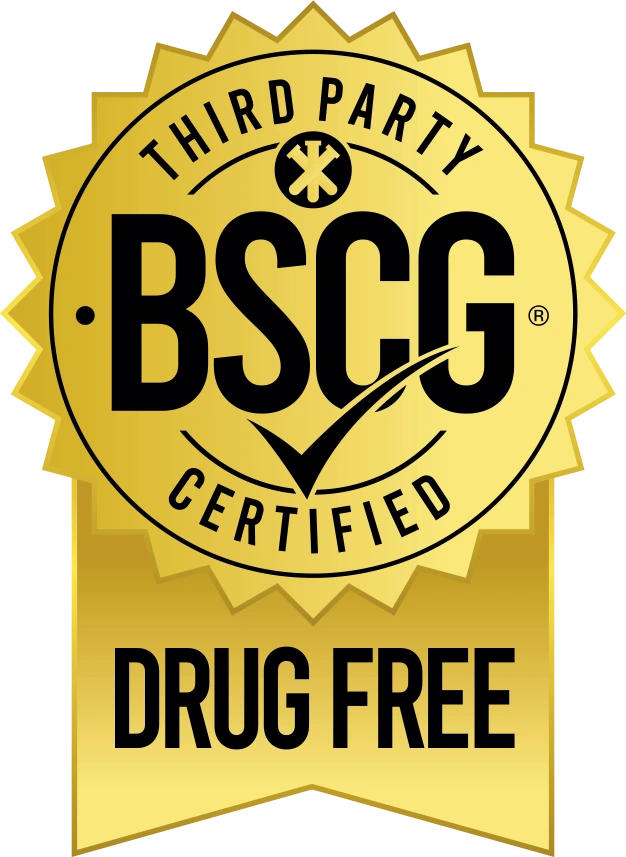
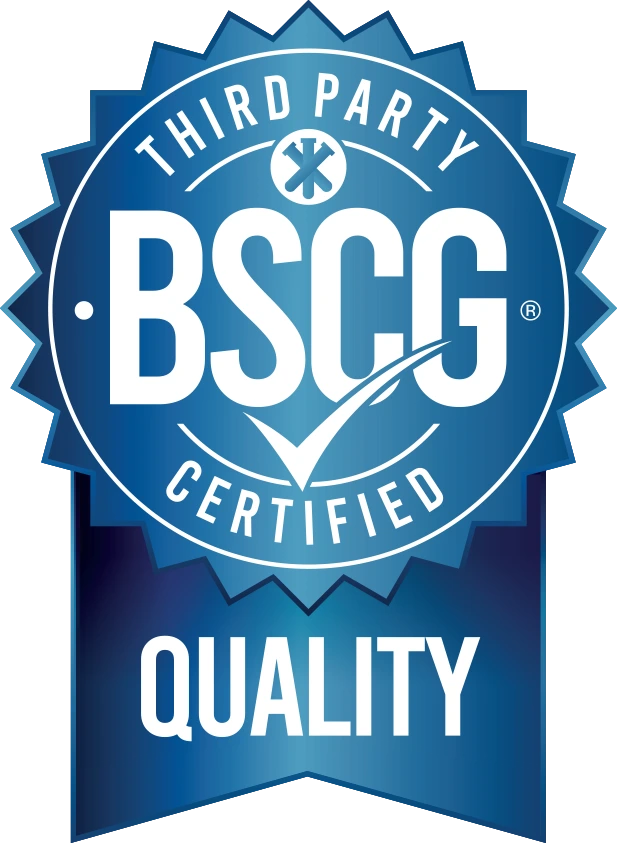
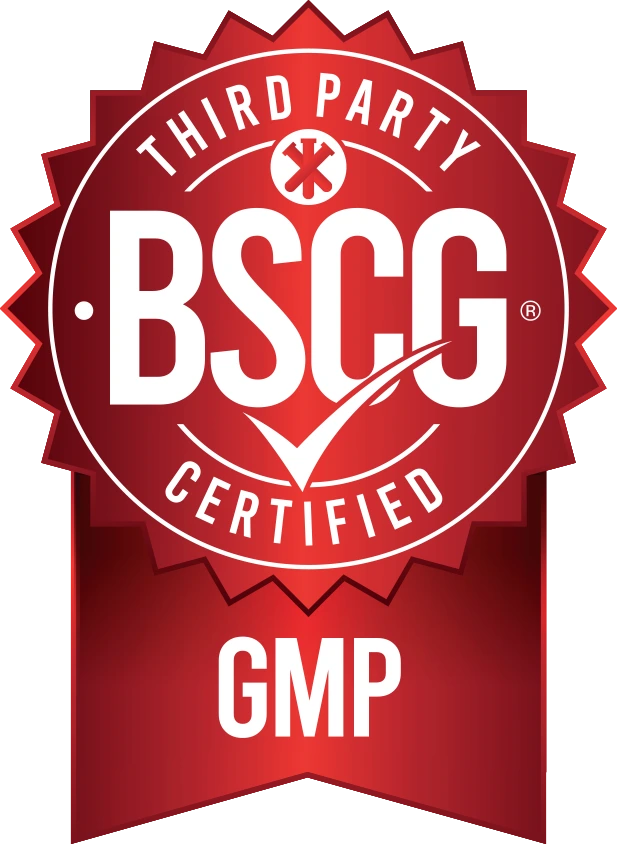
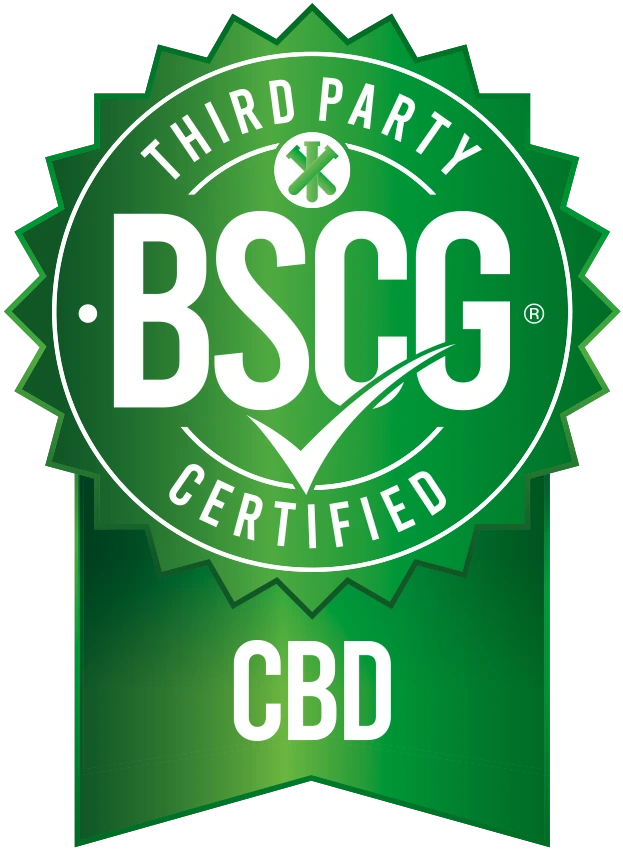




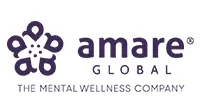


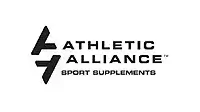
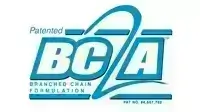






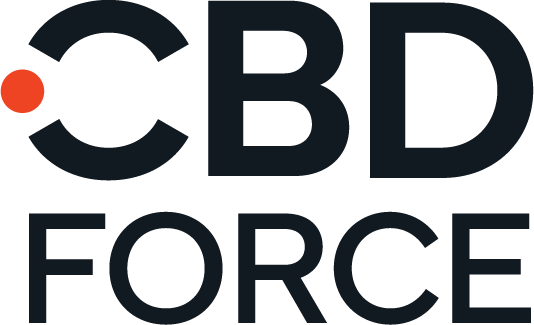

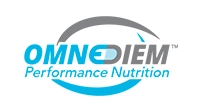
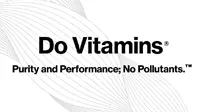





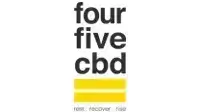





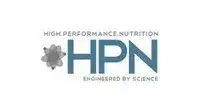
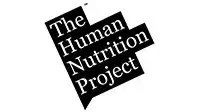

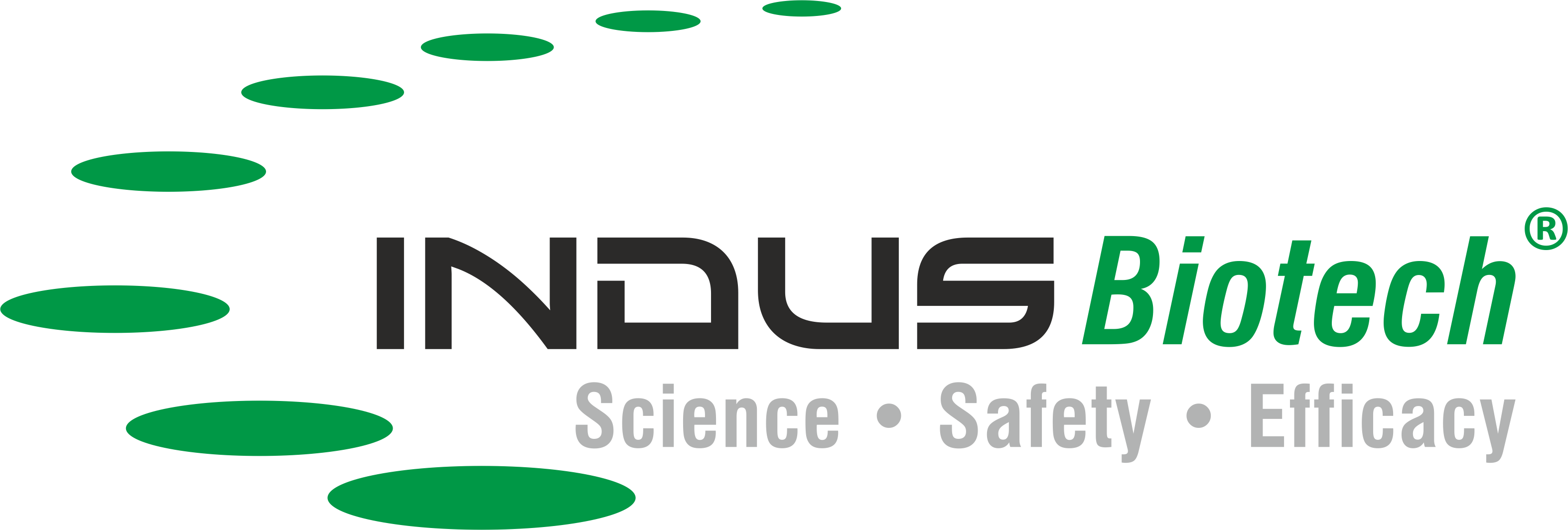
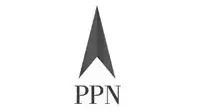


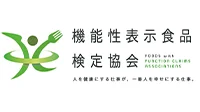












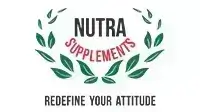
-01[44].png)


